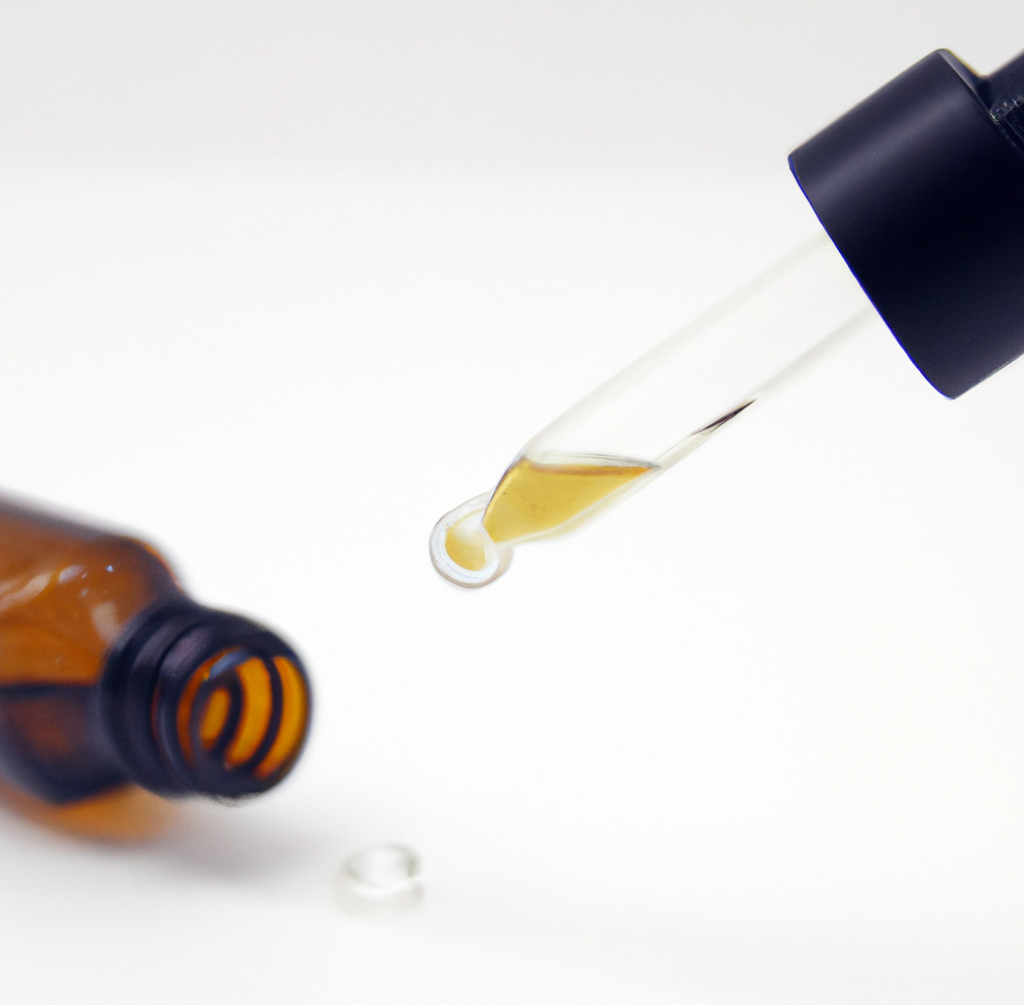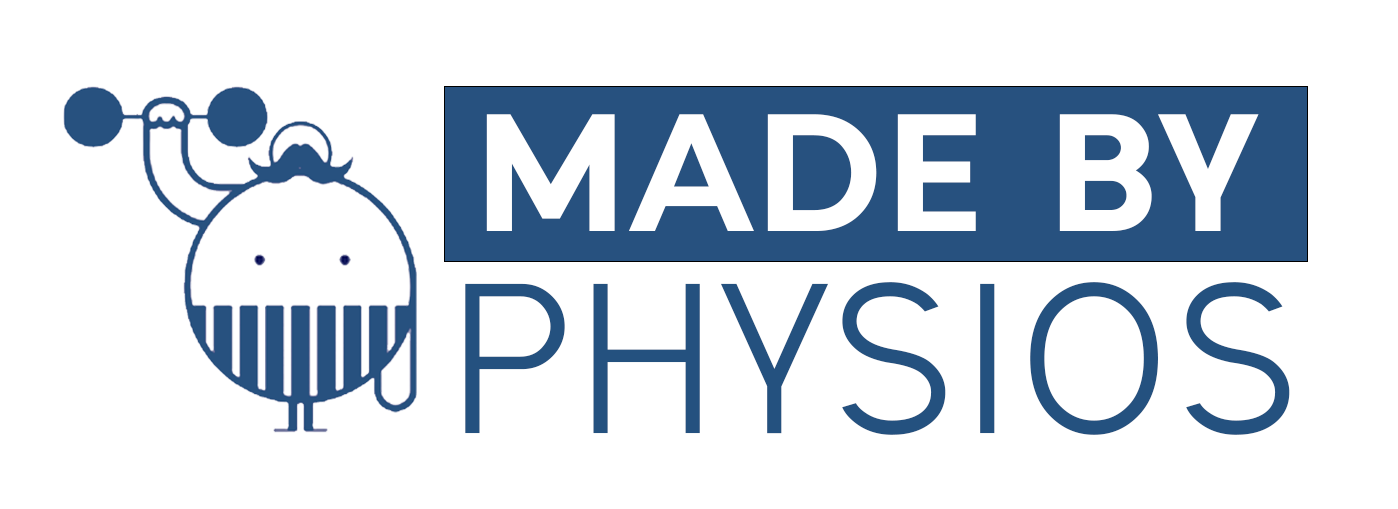Your cart is currently empty!

CBD Dosage | Guide on how much CBD Oil to take
It’s important to underscore that given the fact that hemp has only become federally legal in 2018, the research on CBD specifically is still quite limited, and there isn’t a strict recommended dosing outline on CBD products.
However, with the current scientific evidence as well as anecdotal reports available, we know that certain factors can contribute to finding the right CBD dosage for individuals.
It’s worth underscoring that what might work for one person may not work for you due to various factors in lifestyle, individual body chemistry, and health goals.
To help you fine-tune the best CBD dosage to start with, let’s go over the most common factors that may play into how CBD may affect you:
1. Body Weight
Body weight is often one of the first considerations when dosing any active compound. This is because individuals with a higher body weight have a larger volume of distribution, which means that the CBD is less concentrated in the bloodstream.
On the other end, those with a lower body weight may require a much lower CBD dosage to feel the same level of effects because of a smaller volume of distribution.
2. Tolerance Level
CBD tolerance refers to the body’s decreasing response to your CBD dosage over time with repeated use.
Essentially, the longer and more frequently you use CBD, the higher the dose you’ll need to reach the same levels of effects as your body becomes adjusted to its exposure.
Those new to CBD don’t have to worry about tolerance, but it is something that creeps up over time and something you may want to consider as you continue on your CBD journey.
The good news is that CBD is non-toxic, even at high doses, and it’s not physically addictive. However, reaching higher doses of CBD can put you at greater risk of experiencing adverse effects.
If you find yourself reaching for higher and higher CBD doses, a tolerance break, taking 7–14 days off, can help you reset your baseline tolerance.
3. Desired Effects Of CBD
The most exciting thing about CBD is that it has many potential therapeutic benefits.
Some people use CBD products for relief from chronic pain, to manage their anxiety, to support their mood and energy levels, and even to help with sleep.
The CBD dosage required to achieve certain health benefits can vary. The same dose someone might use to support their mood and energy levels during the day is not going to be the same for supporting sleep.
At higher doses, CBD has been found to have intense relaxation effects that may not be suitable for daytime use. But even with that being said, the CBD oil dosages required to achieve the same effect can vary even among individuals.
4. CBD Extract Type
When the option is available, get a full spectrum or broad-spectrum THC free CBD to get the holistic benefits of the hemp plant’s entourage effect.
With full spectrum CBD oil (FS), you get hemp in its most natural phytochemical form, which includes a wide range of terpenes and minor cannabinoids, including up to 0.3% THC.
While broad spectrum CBD oil (BS) is the next best thing, going through the extra processing step to remove all traces of THC.
CBD isolate are products made with pure CBD crystals, which requires a large amount of processing.
While there’s nothing inherently wrong with this product, you may find that you’ll need higher CBD dosages with isolate to achieve the same level of effects as FS or BS CBD products.
5. Mode Of Administration
The mode of administration basically refers to the type of CBD product you’re using, which can affect the onset duration and intensity of CBD’s effects.
The most common forms of CBD are edible/ oral consumption, sublingual (under the tongue), inhalation, and topical application.
Each product type has its pros and cons and may require different CBD dosages to reach your desired effects.
For example, eating CBD products like gummies or mints may take longer to feel its effects compared to smoking them.
This is because when you eat CBD, it must pass through the digestive system before entering the bloodstream, which can take some time. By the time the cannabinoids reach your bloodstream, the digestive system can break down more than half the initial cannabinoids consumed, meaning it’s a much weaker dose.
Meanwhile, smoking CBD doesn’t offer much filtration, and you’re hit with the effects of CBD almost instantaneously as the CBD enters the bloodstream through the oxygen exchange in the lungs.
It’s important that you consider the mode of administration when finding your own ideal dosage of CBD dosage to understand how it might affect you.
6. Other Medications
You should approach CBD products with caution if you’re on any prescribed medication because CBD can interact with other drugs by inhibiting the activity of the liver enzymes that are responsible for metabolizing drugs in the body.
This can result in having higher concentrations of medications in the bloodstream and lead to a host of undesirable side effects.
At the same time, some medications could affect the enzymes that break down CBD, which can affect how potent the CBD dosage feels.
Before adding CBD products to your health regimen, it’s important that you speak with a trusted healthcare professional for advice.
Tags:
